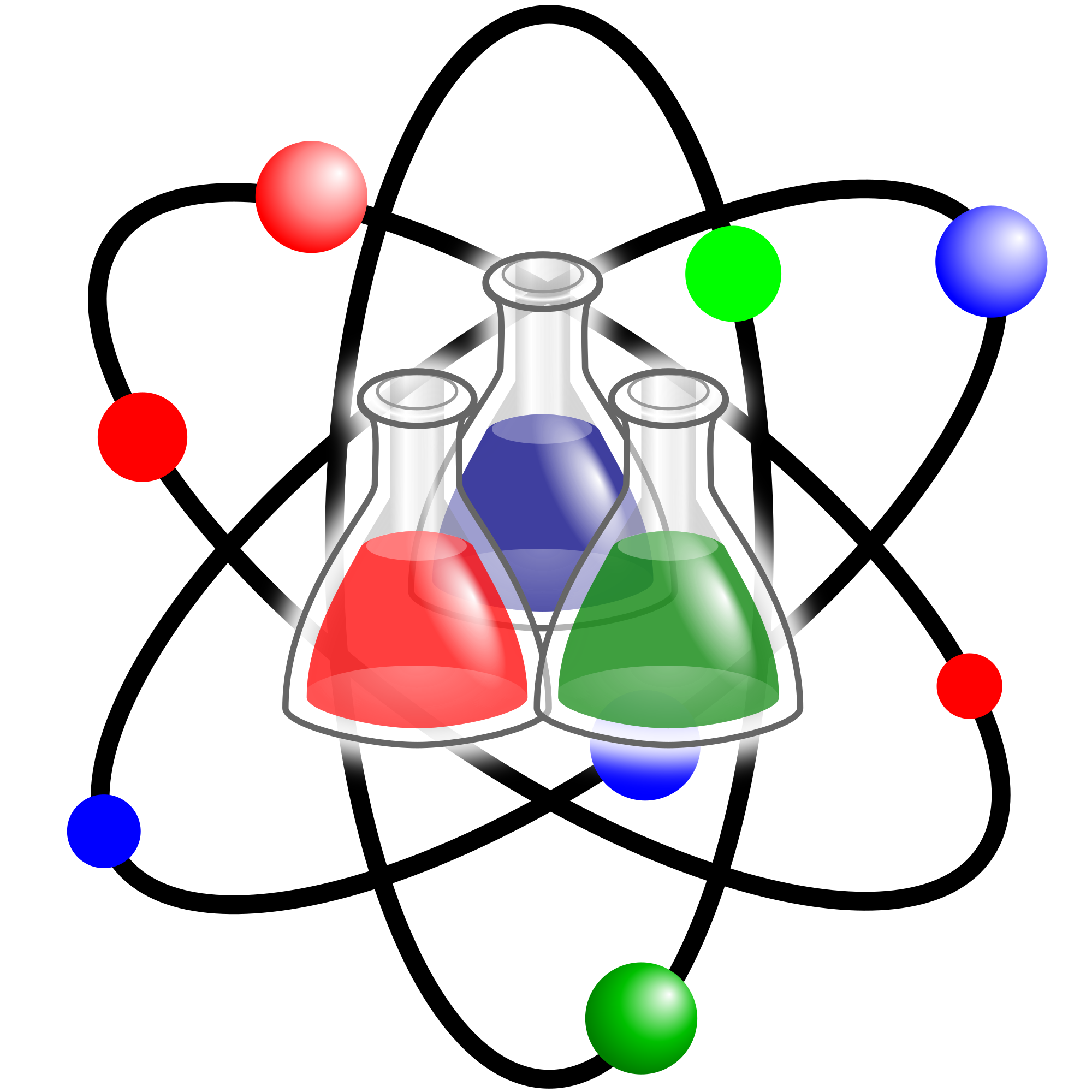Edward Hessler

Standards. A standard, in its broadest sense, is something against which other things can be compared for the purpose of determining accuracy, estimating quantity, or judging quality. In practice, standards may take the form of requirements established by authority, indicators such as test scores, or operating norms approved of and fostered by a profession.
But that bypasses more interesting and important issues: For what aspects of science education do fully spelled-out national standards make sense? ... (To) be of much use, standards must be limited and lasting in significance. In that way, standards will free educators to concentrate on the quality of student learning rather than on its sheer quantity.
-- Benchmarks for Science Literacy, Project 2061, 1993
Project 2061
In developing its goal statements for science education, Project 2061 chose to develop benchmarks -- "reference points for analyzing existing or proposed curricula in the light of science-literacy goals." Three years later, 1996, the National Research Council (NRC) published the National Science Education Standards.
In this document, the authors noted that "the term 'standards' has multiple meanings. Science education standards are criteria to judge quality ... criteria to judge progress toward a national vision of learning and teaching science in a system that promotes excellence, providing a banner around which reformers can rally."
Following the publication of these two documents, states developed their own standards, many informed and influenced by national standards, with some states choosing one or the other of the national documents. Minnesota developed its own, the Minnesota Academic Standards in Science.
Next Generation Science Standards
After some 15 years as well as on research on how students learn science, it seemed to national leaders and organizations that it was time to develop a new set of national standards. Minnesota, as a lead state partner was one of 26 participating states, worked with a 41-member writing team in the development of the Next Generation Science Standards. (NGSS) Minnesota also had a science teacher who served on the earth science standards writing team. Details about Minnesota's participation may be found in an NGSS summary.
My last count (February 18, 2016) of state adoptions was 18 with Hawaii being the most recent. That number has likely changed. Minnesota's participation in the development of the NGSS did not include a commitment to adopting the NGSS. The current science standards were scheduled for revision in 2017-2018. However, this timeline was changed during the 2016 legislative session.
The science standard review was delayed until 2018-2019. The reason is due to the adoption of physical education standards. What this means is that the implementation date for the 2018-2019 Minnesota science standards will be 3 to 4 years after the review, revision and adoption. Following this, the science standards will then be reviewed in 10 year increments. This means that the next review would be 2028-2029 which is out there!
Minnesota could adopt the NGSS but this would require the development of specific benchmarks for each standard as well as legislative mandates and requirements. This FAQ sheet from the Minnesota Department of Education describes these and other requirements. What must be kept in mind is that the FAQ sheet was written for the development of the science standards adopted in 2009. However, these requirements are not likely to change too much.
The National Science Teachers Association (NSTA) has a growing collection of resources for the NGSS. One of the most recent is a Parent Q and A about them. This brochure is a useful introduction to the NGSS for anyone unfamiliar with their content as well as for those who know a little about them. It traces the history of their development, what is significant about them as standards and also how science is learned, based on current research in learning.
On June 21, 2016 a segment on the PBS NewsHour did a focus on the NGSS and how it is redefining classroom instruction and learning. The program may be viewed and also includes a transcript.
On June 21, 2016 a segment on the PBS NewsHour did a focus on the NGSS and how it is redefining classroom instruction and learning. The program may be viewed and also includes a transcript.

 CGEE Student Voice
CGEE Student Voice
No comments:
Post a Comment